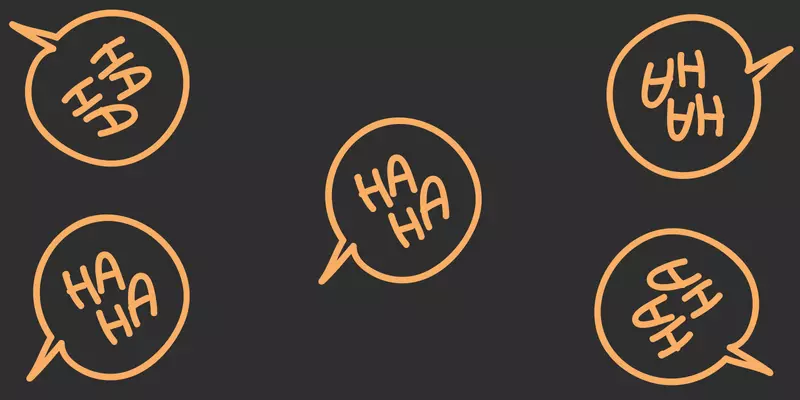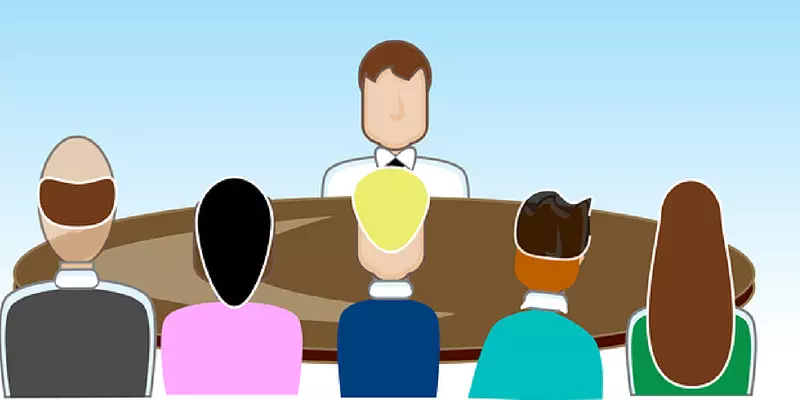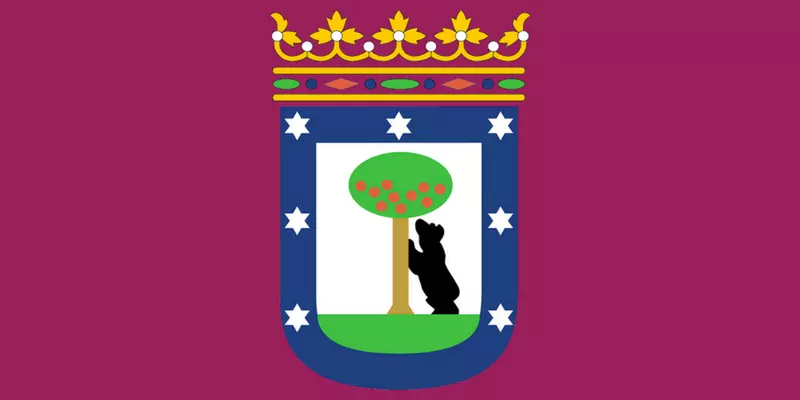
Imagine, you're out for the night in Barcelona and have ordered loads of beer and wine perfectly in Spanish, and have washed it down with the odd cocktail and a few shots. It’s only normal that you’d be a bit tipsy – estarías entonado or llevarías un poco de puntillo. If you’re properly drunk then there are a multitude of ways to convey your inebriated state. Here’s a good list to for you to choose from:
- Estar/Ir borracho/a: The most normal/standard way to say that you’re drunk: Iba borracha el sábado (I was very drunk on Saturday). The accompanying verb is emborracharse: Me emborraché mucho el sábado (I got very drunk on Saturday).
- Estar/Ir pedo: A very common colloquial expression: Estaba pedo anoche (I was wasted last night). If you’re female it’s still pedo and not peda – it’s invariant. You can also use the rhyming expression Más pedo que Alfredo (Drunker than Alfredo). It’s worth knowing that pedo also means ‘fart’ when used with tirarse: ¿Te has tirado un pedo? ¡Huele fatal! (Did you fart? It reeks!).
- Estar/Ir mamado/a: Common colloquial expression: Mi amiga iba mamada (My friend was wasted). You can also use the verb mamar to mean that you drank a lot: Mamamos un montón de copas anoche (We drunk loads of cocktails last night). Be careful though because mamar also means to be breastfed or to give a blowjob – the context is very important!.
- Coger/Pillar una turca: Common in Spain. Vaya turca he pillado, no puedo ni andar (I’m properly pissed, I can’t even walk).
- Llevar/Pillarse una cogorza: Similar to una turca but conveys that you’re even drunker: Lleva una buena cogorza, mañana no trabaja ni de coña (He’s completely rat arsed, there’s no way he’s making it to work tomorrow).
- Ir ciego: Use this on a night out to describe your, or someone’s else’s, current state of drunkenness. Esos chicos van completamente ciegos (Those guys are over there are legless).
- Estar/Ir tajado: Same usage as pedo or mamado: Estáis bien tajados eh, ¿cuántas cerves lleváis ya? You’re nicely hammered eh. How many beers have you had?
- Llevar una melopea: Like turca or cogorza: Cuando yo la ví, llevaba una melopea que no veas (When I saw her, she was completely wrecked).
- Ebrio/Embriagado: More formal ways of saying you’re drunk. Equivalent translations would be intoxicated or inebriated for example. Le hicieron la prueba del alcoholímetro y resulta que sí, estaba ebrio. (They breathalysed him and it turned out that yes, he was drunk).
A hangover is a cruda (Mexico), guayabo (Colombia), caña (Chile), and resaca (everywhere else), or, if it’s really bad, resacón. If you end up being sick you can use the verbs vomitar or potar. Potar is cruder and more colloquial. If you have the typical memory loss that often accompanies a heavy night out then tienes lagunas. Binge drinking is excesos alochólicos although it’s commonly referred to with the word borrachera which can also refer to the state of drunkenness. For example: Fuimos por Londres y pillamos una borrachera (We went on a binge in London), Espero que se me pase la borrachera pronto (I hope I stop being drunk soon). An alcoholic is un/a alcohólico/a or dipsómano/a while a drunkard is un/a borracho/a. A teetotaller is un/a abstemio/a while the state of being sober is sobrio/a.
A final world to get familiar with is botellón. This is where groups of young people meet in parks, streets or any secluded (but public) place to party and drink large quantities of alcohol and party. You would normally ‘go’ to a botellón (¿Vas al botellón luego?) or ‘do’ a botellón (¿Hacemos botellón el viernes?). It’s a rite of passage for any young Spaniard and is firmly embedded in Spanish culture.

Get the book
If you liked this article check out our new book, How to Speak Spanish like a Native, which is due to be published very soon. It's your complete guide to mastering the Spanish language and speaking like a native. Everything in the blog and more!
Discover more!



